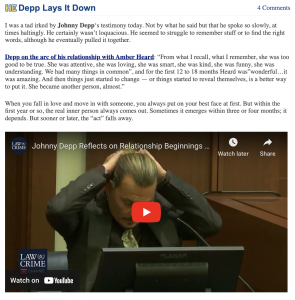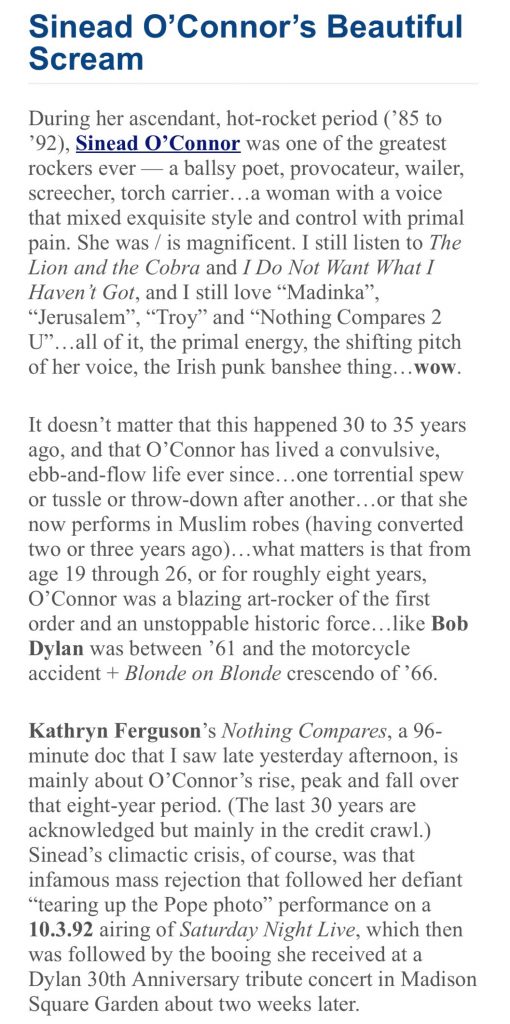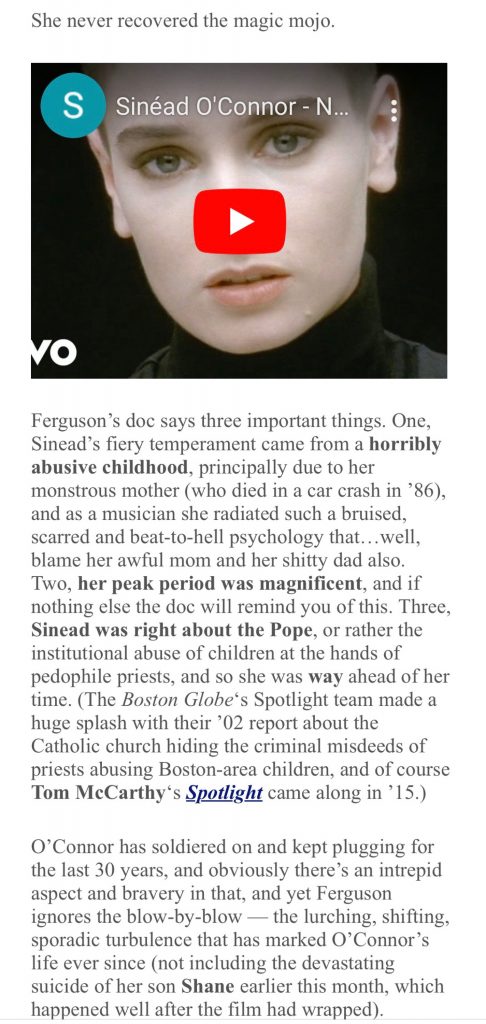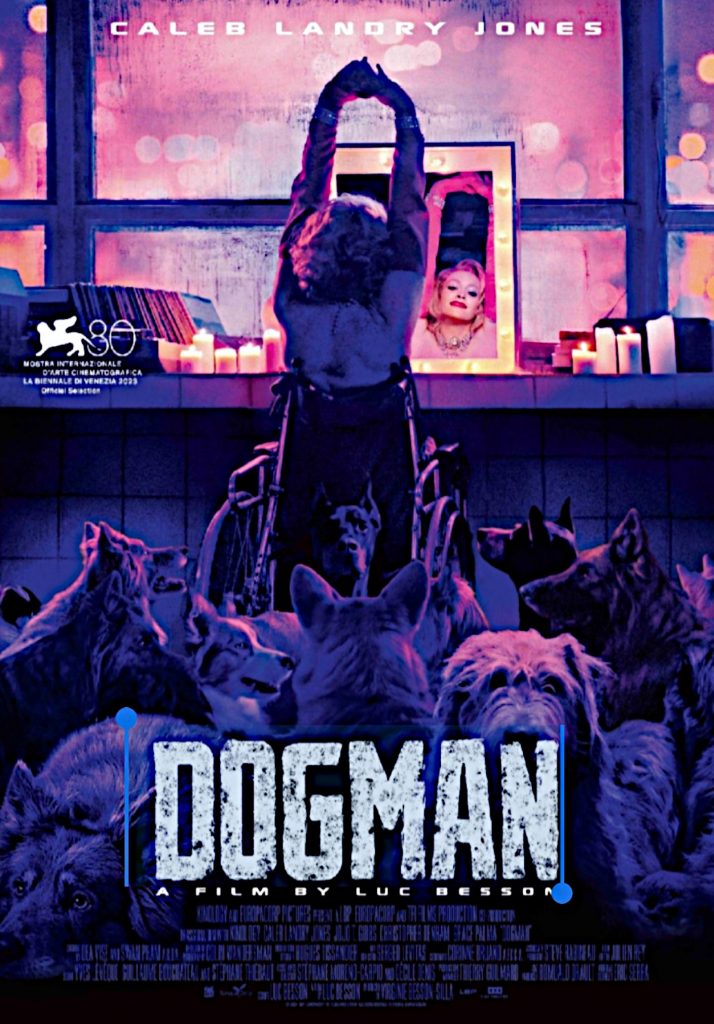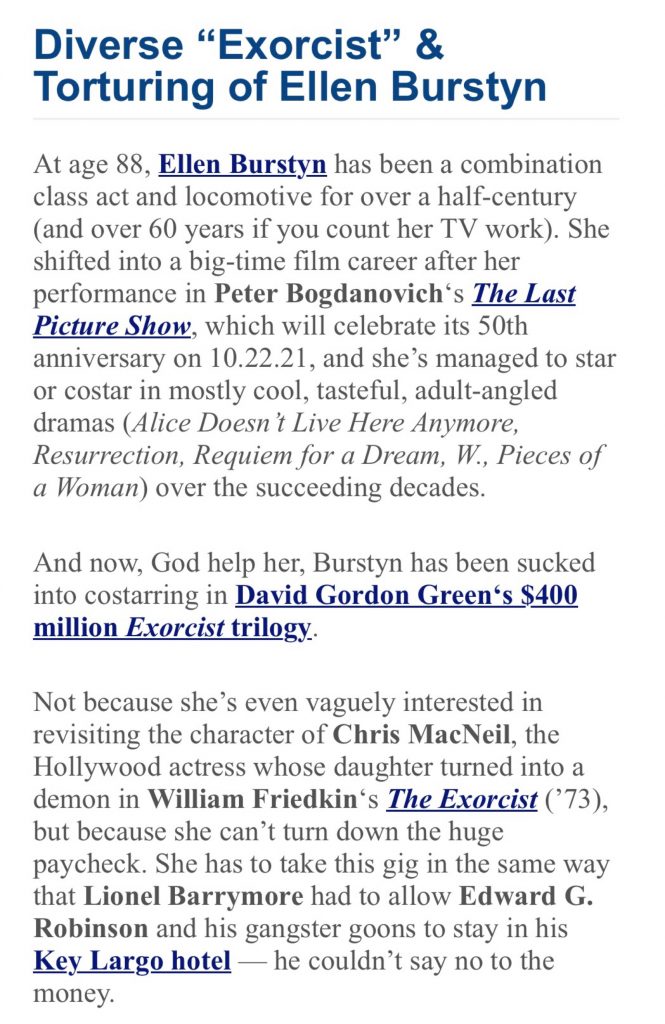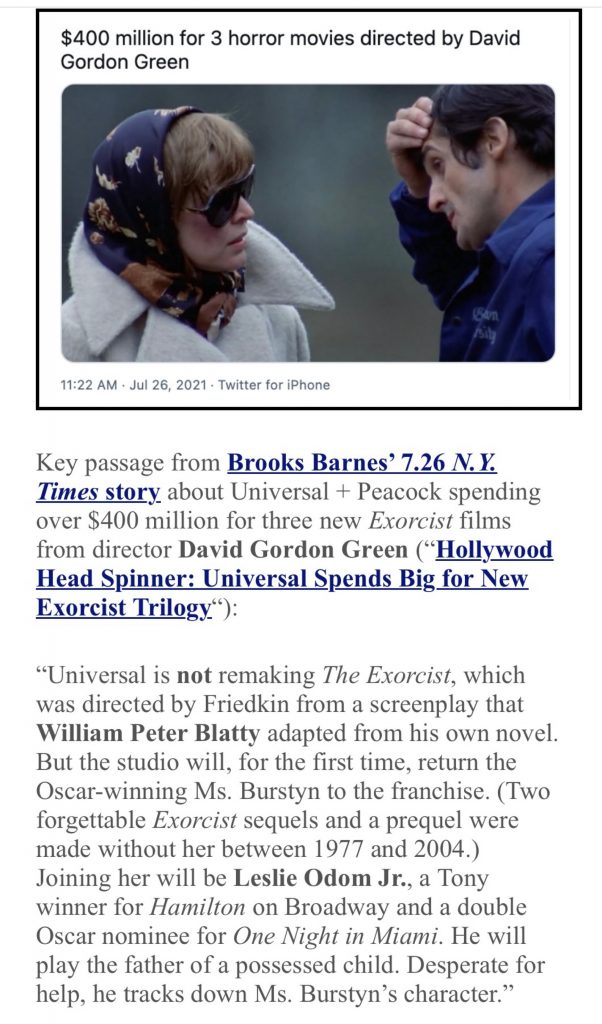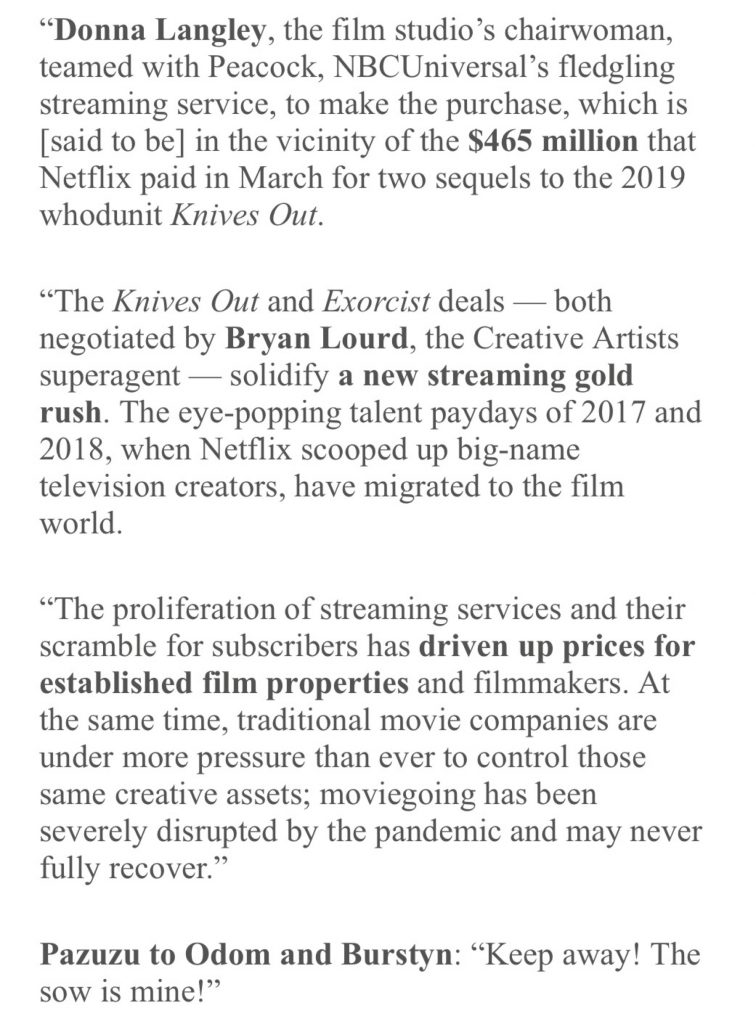With due respect and fond affection, I don’t find the prospect of watching The Great Escaper enticing.
Hanging with the seriously withered Michael Caine and Glenda Jackson, I mean. For reasons that need no explanation or elaboration. Very sorry. Give me Get Carter and Sunday Bloody Sunday, thanks.
From a recent Standard piece by Elizabeth Gregory:
“There was never any question that 89-year-old Bernard Jordan would take part in the 70th anniversary D-Day commemorations in June 2014. The British veteran, who had been a navy officer during the Second World War, had lost many of his friends in its bloody battles, and he planned to pay his respects.
“What was more unexpected, was that Jordan decided to attend the D-Day celebrations in France. And given that he lived in a nursing home in England, which he had to cunningly break out of to make the trip, it made his ambitions all the more surprising. But of course the ex-Mayor and town councillor succeeded, popping up in Normandy a couple of days after disappearing from his Hove care home.
“The film runs along two timelines. In the present day, octogenarians Bernard and Rene Jordan live together in a home and sometimes find themselves feeling disjointed from modern society. And the film flashes back to when they were young: it depicts their love story, as well as Jordan’s memories — or perhaps imagined memories — of his friends in peril on the beaches during the Normandy landings.”

